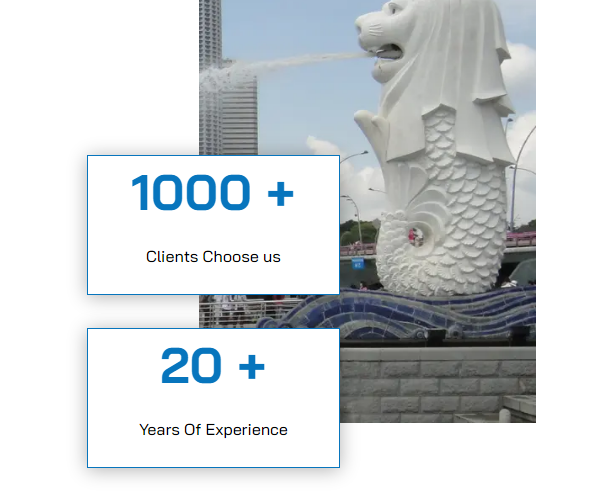ISO Training and Consultancy services in Singapore

Introduction:
In the global business landscape, organizations are increasingly recognizing the importance of adhering to international standards to ensure quality, efficiency, and compliance. Singapore, a hub of economic activity in Southeast Asia, has embraced this trend, with a growing demand for ISO (International Organization for Standardization) training and consultancy services. This article explores the significance of ISO standards, the thriving industry of ISO training and consultancy services in Singapore, and how businesses benefit from these services.
Understanding ISO Standards:
ISO standards are internationally recognized benchmarks that provide specifications for products, services, and systems. These standards are designed to ensure that products and services are safe, reliable, and of high quality. Organizations that adhere to ISO standards demonstrate a commitment to meeting customer expectations, improving efficiency, and complying with regulatory requirements.
The Role of ISO Training and Consultancy Services:
Implementing ISO standards can be a complex process that requires a deep understanding of the specific standards relevant to a particular industry. ISO consultancy services play a crucial role in guiding organizations through the intricacies of these standards. These services offer specialized training programs and expert consultancy to help businesses achieve and maintain ISO certification.
Key ISO Standards in Singapore:
Several ISO standards are particularly relevant to businesses operating in Singapore. These include ISO 9001 for quality management, ISO 14001 for environmental management, ISO 45001 for occupational health and safety, and ISO 27001 for information security management. Each of these standards addresses specific aspects of business operations, providing a framework for continuous improvement.
Benefits of ISO Training and Consultancy Services:
-
Improved Efficiency: ISO standards emphasize process optimization and efficiency, leading to reduced waste and improved productivity. ISO training equips employees with the knowledge and skills to streamline processes within the organization.
-
Global Recognition: Achieving ISO certification enhances the credibility of a business on the global stage. Many international clients and partners prefer to collaborate with organizations that adhere to recognized standards.
-
Risk Management: ISO standards include elements of risk management, helping organizations identify and mitigate potential risks. ISO training ensures that employees are well-versed in risk assessment and management strategies.
-
Legal Compliance: Adhering to ISO standards often aligns with legal and regulatory requirements. ISO training and consultancy services keep businesses informed about relevant laws and regulations, reducing the risk of non-compliance.
-
Customer Satisfaction: ISO standards are customer-focused, emphasizing the importance of meeting customer needs and expectations. Businesses that implement these standards through proper training and consultancy are better positioned to enhance customer satisfaction.
Thriving ISO Industry in Singapore:
Singapore's strategic location and its reputation as a business-friendly environment have attracted a robust ISO training and consultancy industry. Numerous specialized firms and consultants offer a range of services, including ISO implementation, training, auditing, and ongoing support. These services cater to organizations of all sizes and industries, reflecting the diverse and dynamic nature of Singapore's business landscape.
Conclusion:
ISO training and consultancy services have become integral to the success of businesses in Singapore, providing a roadmap for excellence and compliance in an ever-evolving global market. As organizations recognize the value of adhering to international standards, the demand for specialized ISO services is likely to continue growing. By investing in ISO training and consultancy, businesses in Singapore are not only meeting current standards but also preparing themselves for the challenges and opportunities of the future.
- Industry
- Art
- Causes
- Crafts
- Dance
- Drinks
- Film
- Fitness
- Food
- Games
- Gardening
- Health
- Home
- Literature
- Music
- Networking
- Other
- Party
- Religion
- Shopping
- Sports
- Theater
- Wellness
- News


